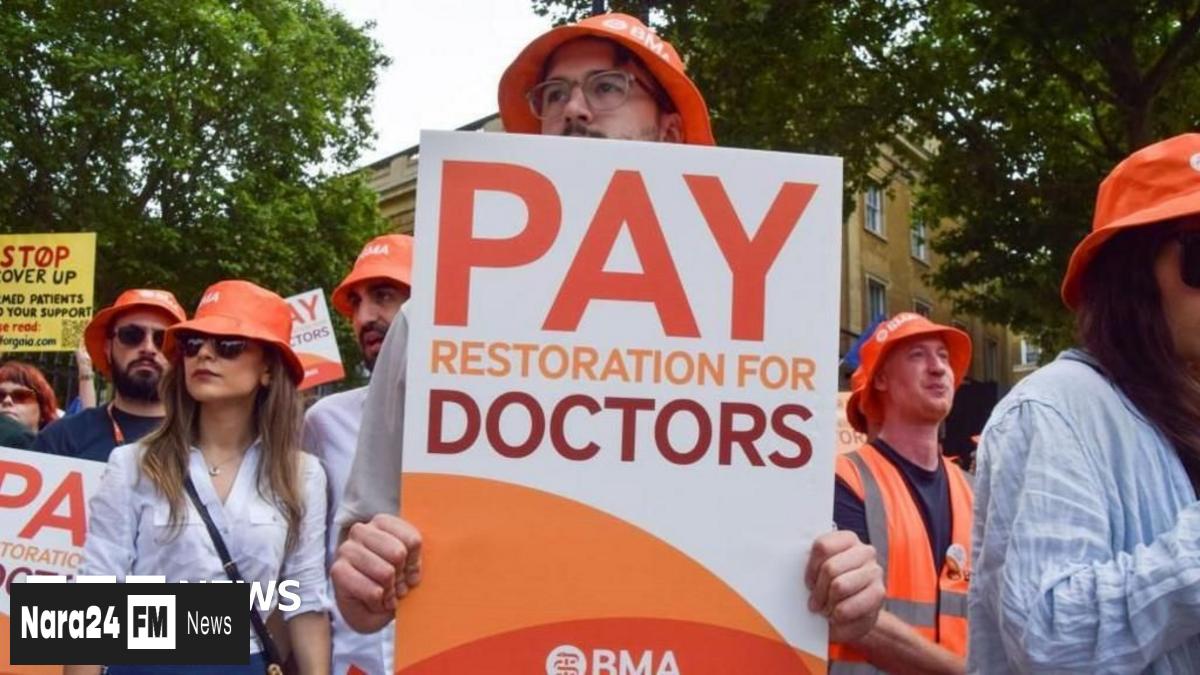In This Article
- Overview of the Doctor Strike in England
- Challenges and Demands of the Doctors
- Recent Talks and Issues Discussed
- Negotiation Efforts and Future Plans
- Importance of Addressing Pay and Well-being
- Uncertain Future of Healthcare Services
Key Takeaways
- The doctor strike in England is ending, but tensions between doctors and the government persist.
- Doctors are seeking a 25% increase in wages to recover pay to 2008 levels.
- Discussions between NHS England and the BMA include issues like pay, career advancement, and job rotations.
- Both sides are willing to negotiate to avoid further strikes and deadlocked talks.
- Addressing pay, retention, and well-being issues among doctors is crucial for a comprehensive resolution.
As the five-day doctor strike in England is coming to a close, the tension between doctors and the government continues to linger, signaling that the end of this walkout may not mark the end of the ongoing dispute.
Dr. Shivam Sharma expressed disappointment with Health Secretary Wes Streeting, stating that promises made by the government have not been fulfilled, leading to the resurgence of walkouts. The doctors are striving to recover their pay to 2008 levels, which would entail a further 25% increase in wages, on top of previous raises.
During recent talks that broke down last week, various issues were discussed, including exam fees, career advancement, and job rotations. The British Medical Association (BMA) insists that increasing pay is crucial to resolving the conflict, although the government remains firm on not revisiting pay for the current year.
Despite tensions between NHS England and the BMA, both sides have shown signs of willingness to negotiate and avoid a cycle of strikes and deadlocked talks. The BMA aims to create "breathing space" for further discussions in the upcoming days.
Dr. Billy Palmer, an NHS workforce expert, highlights the importance of addressing not only pay but also retention and well-being issues among doctors. Suggestions include covering out-of-pocket expenses like exam fees, easing the harshness of rotas, and providing student loan repayment holidays.
Furthermore, the shortage of specialty jobs for resident doctors, along with the pay gap compared to physician assistants, presents additional challenges that need to be tackled to reach a comprehensive resolution.
As negotiations continue between the government and healthcare professionals, the future of healthcare services in England remains uncertain, with no guarantees of a swift resolution to this complex and long-standing dispute.







Comments (0)
Leave a Comment
Be the first to comment on this article!